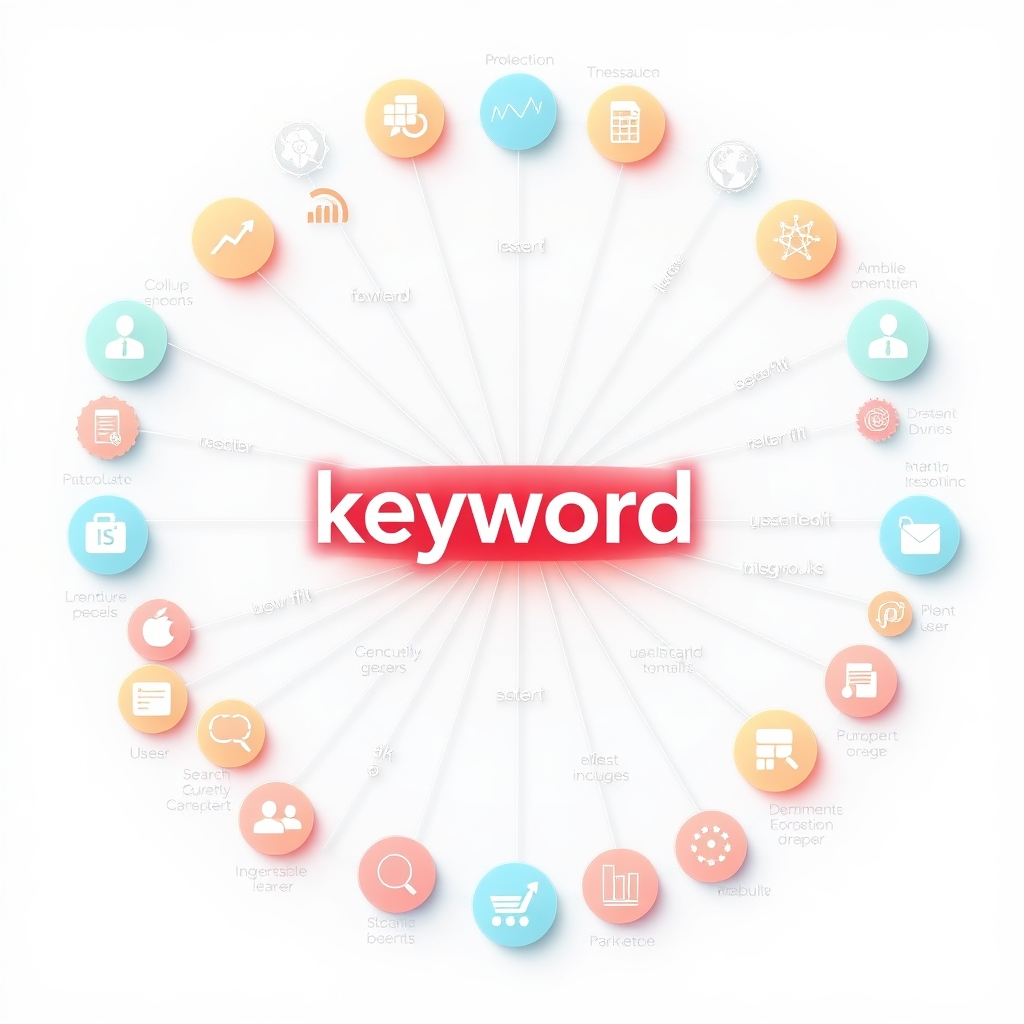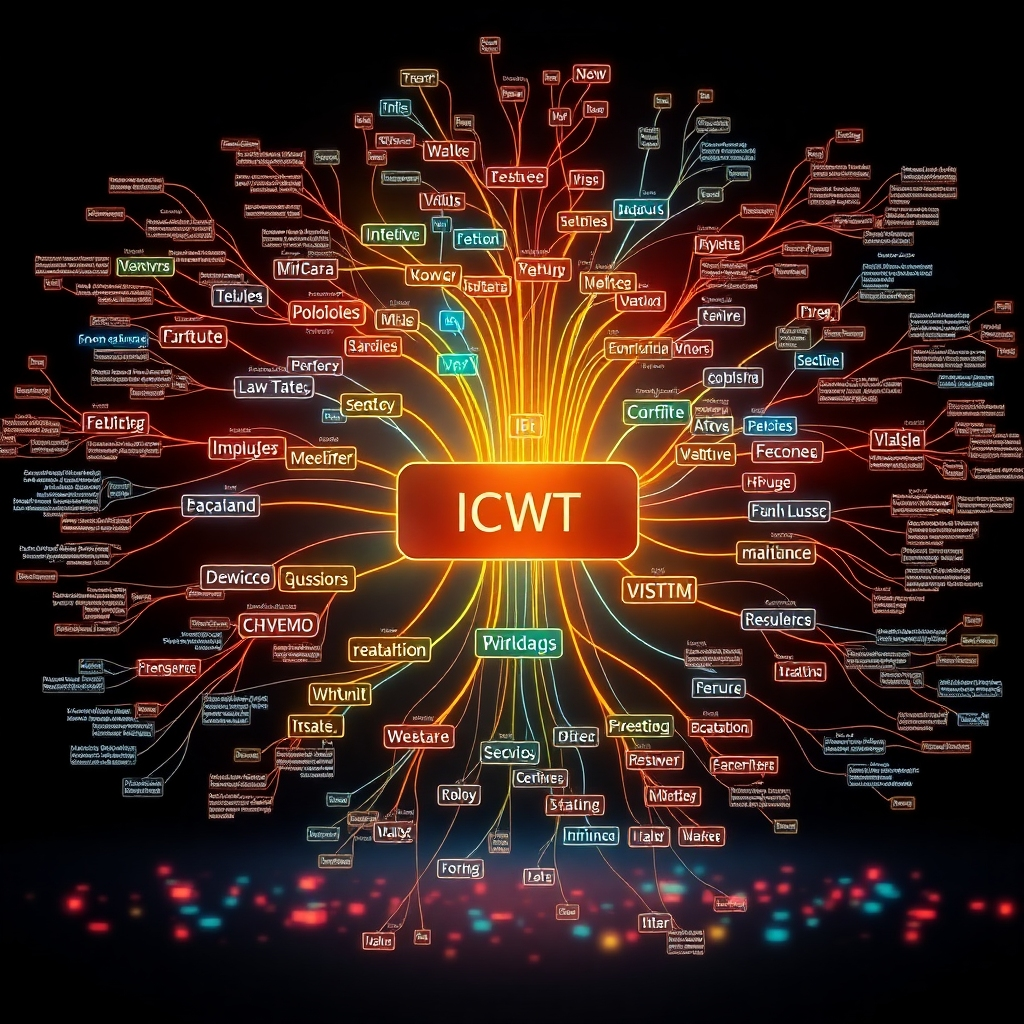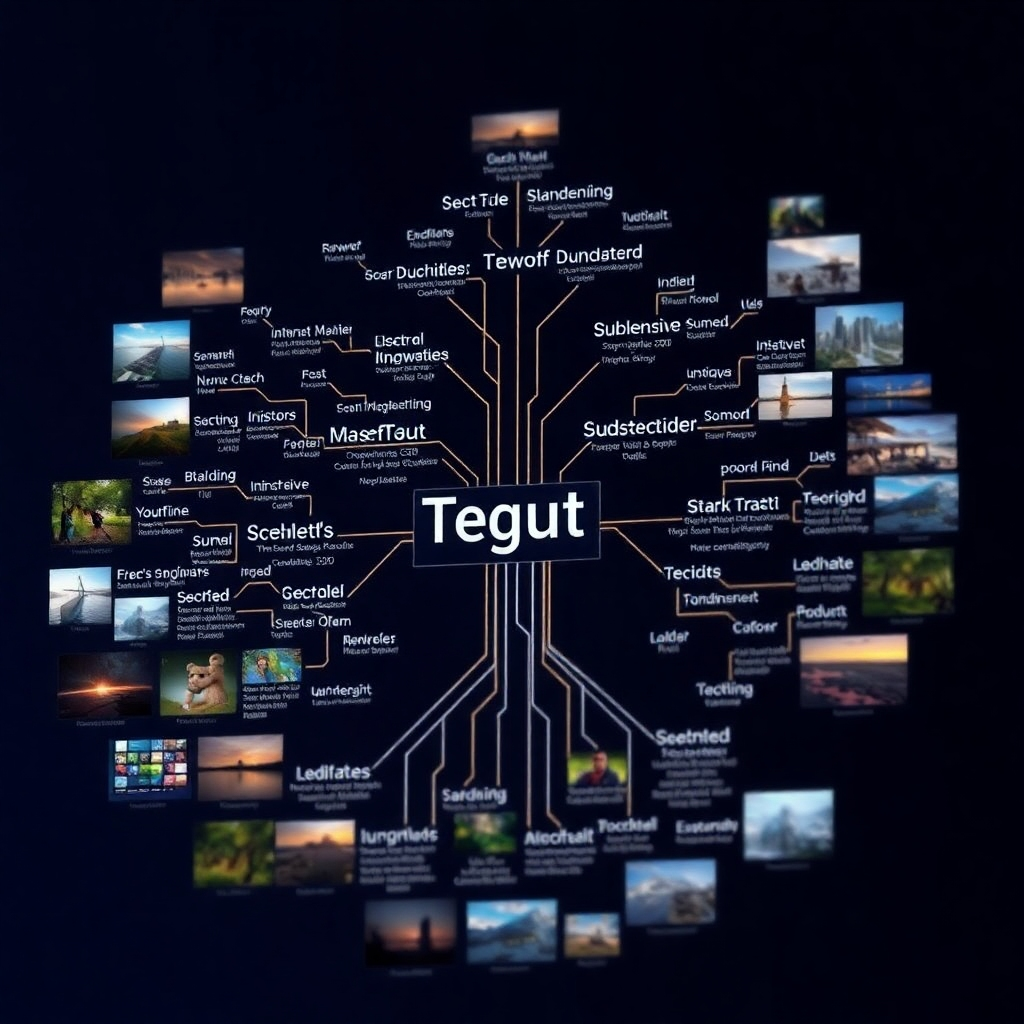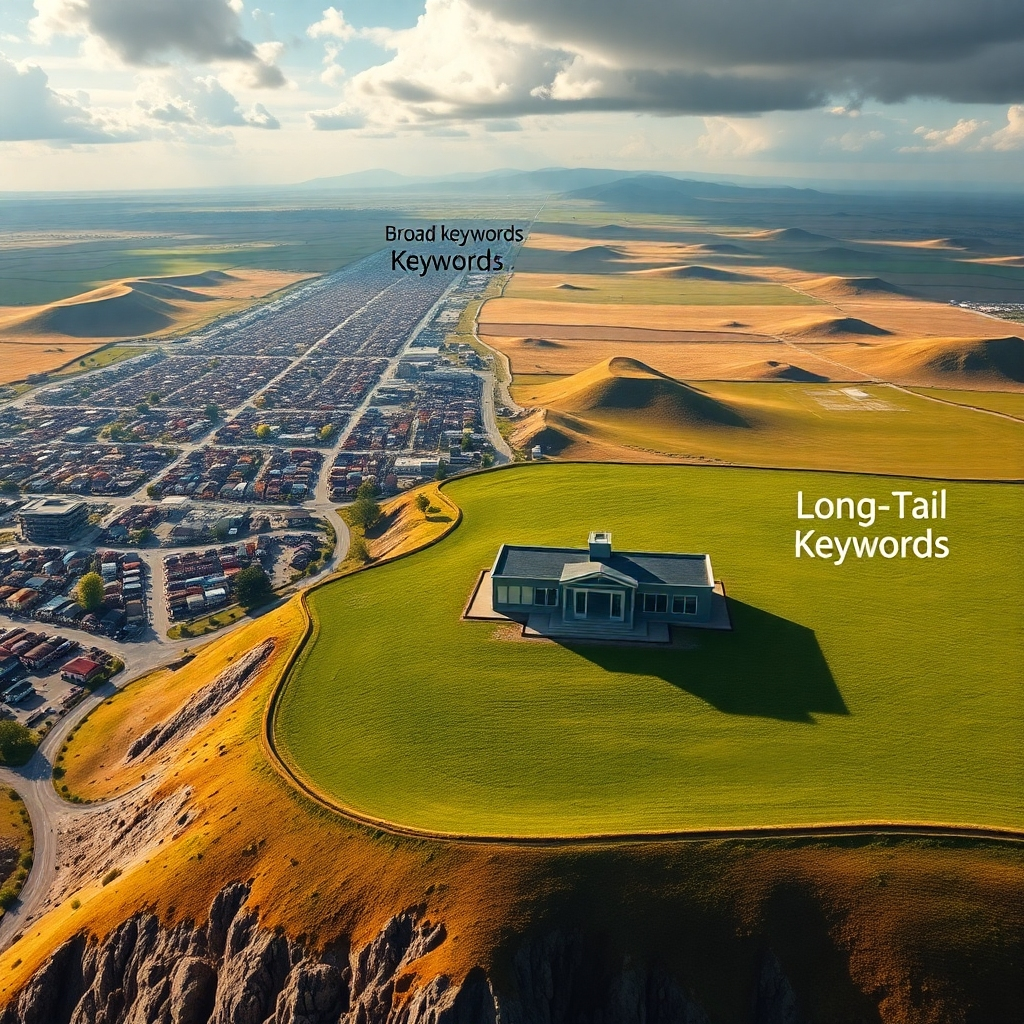Keywords
Transform your Search Engine Optimisation strategy
with our AI powered KEYWORD GENERATION service
Enhanced keyword generation
Utilising semantic keywords, enhances content relevance and discoverability on all search engines.
By focusing on the context and meanings of terms, you can attract a broader audience while improving the chances of higher search rankings.


Identifying and answering topical questions in your content engages users and enhances keyword strategy.
This approach improves SEO by directly addressing search intent, thus driving more traffic and improving audience retention.
Long-tail keywords, typically three or more words, capture highly specific search queries.
This strategy not only improves chances of conversion but also allows targeting niche audiences with tailored content.

Topical questions for better rankings
Topical questions help to clarify user intent by addressing specific inquiries, which improves search relevance.
Creating content that answers these questions can lead to higher engagement and better ranking in search engine results.


Incorporating topical questions allows content to naturally integrate semantic keywords, enriching the context around primary topics.
This enhances search engine algorithms' ability to understand content relevance and boosts overall visibility.
By addressing topical questions, your website content becomes more shareable and linkable.
Engaging directly with audience queries fosters discussion and encourages readers to share, enhancing organic reach and boosting SEO.

Semantic Keywords
Semantic keywords help in decoding user intent by focusing on the meaning rather than just individual keywords, thus improving relevance and user satisfaction in search results.


Integrating semantic keywords into content enhances its relevance to related topics, allowing search engines to better understand the context, which boosts rankings and visibility.
Semantic keywords enable search engines to interpret and understand the nuances of language, leading to improved search performance and accurate results for users.

Entities and their impact on SEO
Entities are distinct, identifiable concepts or things that can be recognised by all search engines.
They enhance understanding and relevance, allowing search engines to deliver more accurate results based on user intent.


Incorporating quality well researched entities into your website content helps search engines better understand the context.
This leads to improved rankings as content becomes semantically rich and relevant to user queries, aligning with searchers' intent.
As voice search gains popularity, entities play a crucial role in SEO.
Search engines prioritise content that effectively addresses entities, making it essential for ranking in voice search results, which often require concise and direct answers.

Long-Tail Keywords: Why ?
Long-tail keywords help businesses attract highly targeted traffic, leading to better conversion rates.
These phrases often reflect specific user intent, fulfilling a niche audience's needs.


Unlike broad keywords, long-tail keywords face less competition, making it easier to rank on search engines.
This opportunity can significantly enhance visibility and organic reach for small businesses.
Using long-tail keywords allows creators to produce highly relevant content that resonates with specific audience queries.
This relevance boosts user engagement and satisfaction, fostering brand loyalty.

Try our system
Semantic keywords enhance relevance in content, improving SEO performance.
By using related terms, we can capture diverse search intents and provide users with comprehensive information tailored to their queries.


Leveraging entities involves recognizing and incorporating specific nouns and proper names in content.
This contextual understanding helps search engines deliver more accurate results, enhancing user experience and engagement through precise information delivery.
Long-tail keywords target niche audiences by using specific phrases.
This strategy not only increases visibility in search results but also drives qualified traffic, ultimately improving conversion rates through focused marketing efforts.

FREE KEYWORD GENERATOR
Type a keyword into our keyword generator and see the results .
Plans that meet your needs
Monthly affordable SEO plans
Standard
£14/mo
Each month our team will review your website and update all Standard keyword settings to optimise and improve your search engine ranking
Enhanced
£19.99/mo
Twice a month our team will review your website and use our advanced AI powered keyword generators with additional features and settings to optimise and improve your search engine ranking